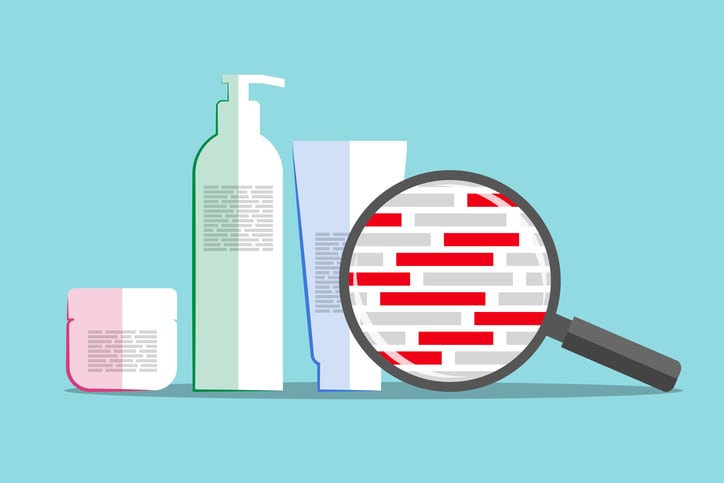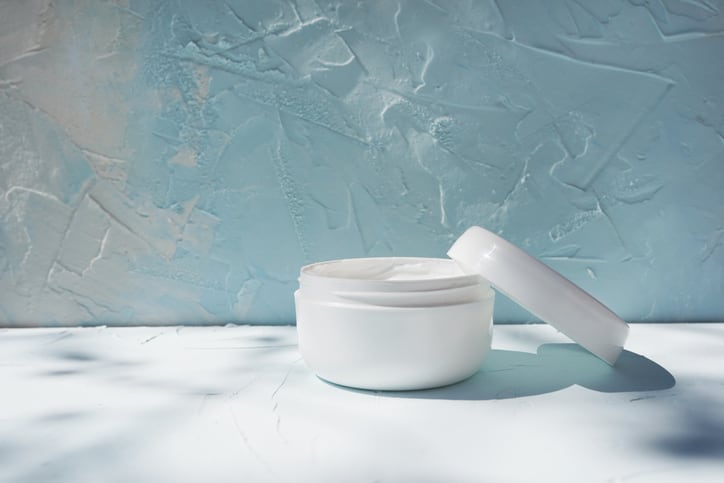Earlier this week the Council of Europe/EDQM released findings from a surveillance study conducted between 2018 and 2020 on fragrance allergens in beauty and personal care products. Conducted by EDQM’s European Network of Official Cosmetics Control Laboratories (OCCLs), findings showed 7.7% of the 932 samples were non-compliant with legislative requirements due to missing or false declaration of allergenic fragrance compounds. Moreover, 3.1% of products marketed ‘perfume-free’ contained fragrance compounds and 41% of perfume products were non-compliant because of incorrect labelling or presence of allergenic ingredients.
Industry ‘cannot be complacent’ on allergens
Speaking to CosmeticsDesign-Europe, Caroline Letarnec, head of public relations at the Council of Europe’s EDQM, said the study revealed “a series of problems”.
“It certainly is far from satisfactory in terms of consumer health protection. Allergic reactions can have serious consequences for patients’ health, which is why we cannot be complacent, and we must all aim for better results,” Letarnec said.
Whilst more than 90% of products tested in the study were compliant, meaning “a great majority of economic operators in Europe are applying the requirements correctly”, she said the 7.7% non-compliance level was a concern.
“When it comes to consumer health protection, we should have zero tolerance.”
Correct labelling on cosmetics ‘fundamental’
Letarnec said allergen labels on beauty and personal care products was highly important.
“Every day, thousands of users of cosmetics are at risk of developing serious allergic reactions. It is fundamental to make sure that labels correctly report whatever ingredients are used in a product, so that consumers can make an informed choice and avoid those ingredients that they might be allergic to.”
Under the EU Cosmetics Regulation (EC) No 1223/2009, all cosmetic products were required to restrict use of any potential cosmetic allergens identified by the Scientific Committee on Consumer Safety (SCCS) in its 2012 opinion on fragrance allergens. The presence of any of the allergens listed in Annex III also had to feature on the ingredients list if concentrations were above 0.001% in leave-on products or above 0.01% in rinse-off. Moreover, the Regulation also proposed a ban or a restriction of concentration for certain substances likely to trigger allergies in a higher number of people.
All allergens also had to be listed in the cosmetic products’ product information file (PIF) and for products containing fragrances, there also had to be an International Fragrance Association (IFRA) certificate that showed fragrances used conformed with IFRA standards and could be safely used.
Back in February 2020, CosmeticsDesign-Europe published full coverage from regulatory expert Tjaša Grum of CE.way Regulatory Consultants on allergen labelling, particularly fragrance allergens, in the EU.
Surveillance will continue to ensure consumer health protection
Letarnec said it was clear that “more attention” had to be paid to existing regulatory requirements, both in terms of product ingredients and labelling, and that the surveillance study should help raise awareness on the importance of “continuously ensuring consumer health protection”.
“This market surveillance study has established a baseline for product compliance in the sector and will also allow monitoring progress, as the Network plans to run the study again in two or three years,” she said.




